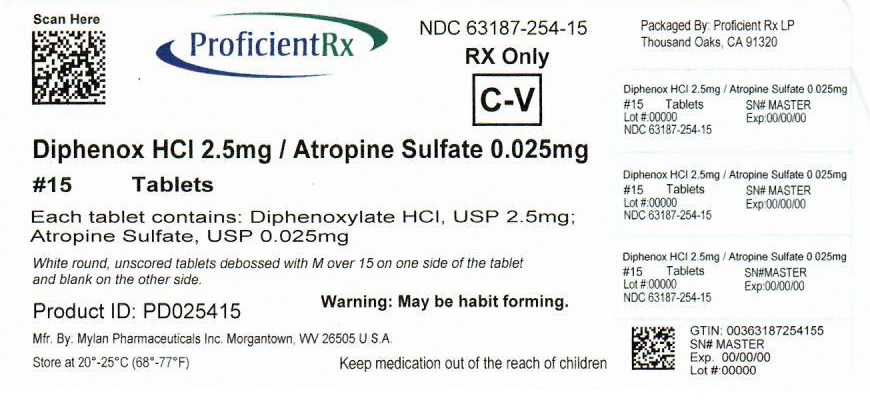FDA records indicate that there are no current recalls for this drug.
Are you a medical professional?
Trending Topics
Episnap Epinephrine Convenience Kit Recall
Get an alert when a recall is issued.
Questions & Answers
Side Effects & Adverse Reactions
Inadvertently induced high arterial blood pressure may result in angina pectoris, aortic rupture or cerebral hemorrhage.
Epinephrine may induce potentially serious cardiac arrhythmias in patients not suffering from heart disease and in patients with organic heart disease or who are receiving drugs that sensitize the myocardium.
Parenterally administered epinephrine initially may produce constriction of renal blood vessels and decrease urine formation.
Epinephrine Injection, USP is subject to oxidation and should be protected against exposure to light and stored in light-resistant containers.
Epinephrine is the preferred treatment for serious allergic or other emergency situations even though this product contains sodium metabisulfite, a sulfite that may in other products cause allergic-type reactions including anaphylactic symptoms or life-threatening or less severe asthmatic episodes in certain susceptible persons. The alternatives to using epinephrine in a life-threatening situation may not be satisfactory. The presence of a sulfite in this product should not deter administration of the drug for treatment of serious allergic or other emergency situations.
Legal Issues
There is currently no legal information available for this drug.
FDA Safety Alerts
There are currently no FDA safety alerts available for this drug.
Manufacturer Warnings
There is currently no manufacturer warning information available for this drug.
FDA Labeling Changes
There are currently no FDA labeling changes available for this drug.
Uses
Epinephrine is used to relieve respiratory distress due to bronchospasm, to provide rapid relief of hypersensitivity reactions to drugs and other allergens, and to prolong the action of anesthetics. Its cardiac effects may be of use in restoring cardiac rhythm in cardiac arrest due to various causes, but it is not used in cardiac failure or in hemorrhagic, traumatic, or cardiogenic shock. Epinephrine is used as a hemostatic agent. It is also used in treating mucosal congestion of hay fever, rhinitis, and acute sinusitis; to relieve bronchial asthmatic paroxysms; in syncope due to complete heart block or carotid sinus hypersensitivity; for symptomatic relief of serum sickness, urticaria, angioneurotic edema; for resuscitation in cardiac arrest following anesthetic accidents; in simple (open angle) glaucoma; for relaxation of uterine musculature and to inhibit uterine contractions. Epinephrine Injection can be utilized to prolong the action of anesthetics used in local and regional anesthesia.
History
There is currently no drug history available for this drug.
Other Information
Epinephrine Injection, USP 1:1000 is a sterile, nonpyrogenic solution. Each ML contains epinephrine 1 mg; sodium chloride 9 mg; sodium metabisulfite 0.9 added. May contain hydrocloric acid for pH adjustment, intraveneous, intracardiac (left ventricular chamber), via endotracheal tube into the bronchial tree, subcutaneous or intramuscular.
Epinephrine, USP, is a sympathomimetic (adrenergic) agent designated chemically as 4-[1-hydroxy-2(methylamino) ethyl]-1,2 benxenediol, a white microcrystalline powder.
Sources
Episnap Epinephrine Convenience Kit Manufacturers
-
Focus Health Group
![Episnap Epinephrine Convenience Kit Injection [Focus Health Group]](/wp-content/themes/bootstrap/assets/img/loading2.gif)
Episnap Epinephrine Convenience Kit | Proficient Rx Lp
![Episnap Epinephrine Convenience Kit Injection [Focus Health Group] Episnap Epinephrine Convenience Kit Injection [Focus Health Group]](/wp-content/themes/bootstrap/assets/img/loading2.gif)
DO NOT EXCEED RECOMMENDED DOSAGE.
AdultsThe recommended initial dosage is two tablets four times daily (20 mg per day). Most patients will require this dosage until initial control has been achieved, after which the dosage may be reduced to meet individual requirements. Control may often be maintained with as little as 5 mg (two tablets) daily.
Clinical improvement of acute diarrhea is usually observed within 48 hours. If clinical improvement of chronic diarrhea after treatment with a maximum daily dose of 20 mg of diphenoxylate hydrochloride is not observed within 10 days, symptoms are unlikely to be controlled by further administration.
ChildrenDiphenoxylate hydrochloride and atropine sulfate is not recommended in children under 2 years of age and should be used with special caution in young children (see WARNINGS and PRECAUTIONS). The nutritional status and degree of dehydration must be considered. In children under 13 years of age, use oral solution. Do not use tablets for this age group.
KEEP THIS AND ALL MEDICATIONS OUT OF THE REACH OF CHILDREN.
Login To Your Free Account


